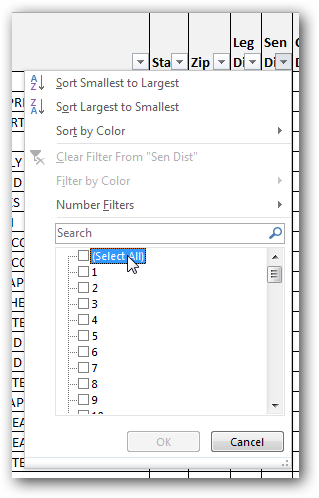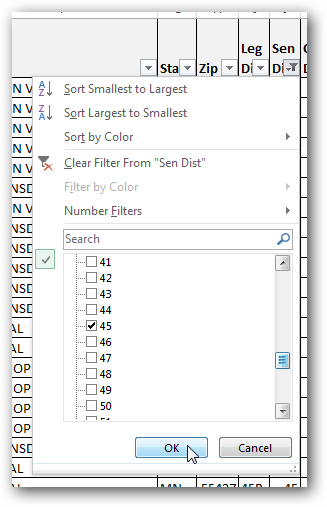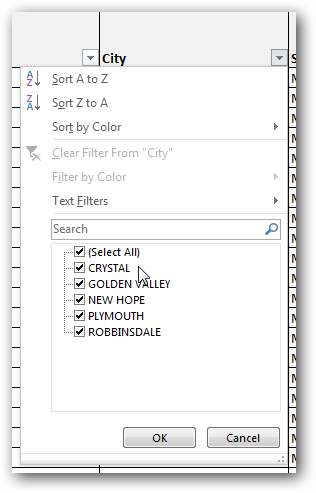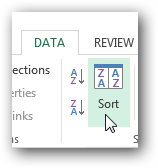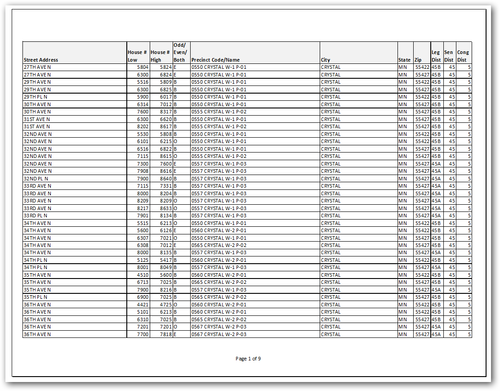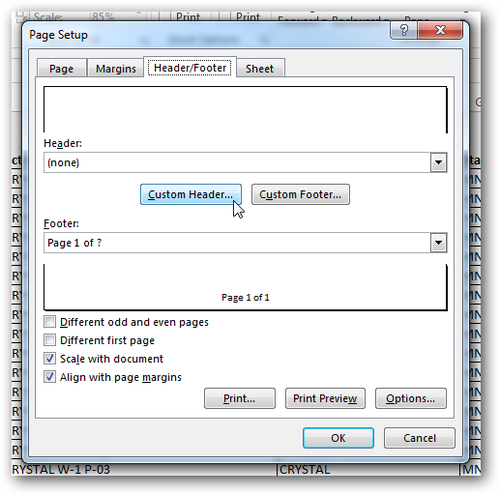Walter Hudson’s write-up of the ongoing saga in Minnesota’s Second Congressional District included the following information about a list agreement put in place by the District last year:
In late September of last year, in response to a request from the Gerson campaign for access to the caucus attendee and delegate lists from previous cycles, the CD2 full committee crafted a list use agreement which among other things imposed a $10,000 fine if a signatory campaign did not abide by the party’s endorsement. Gerson signed that agreement and promptly received available lists.
Incumbent U.S. Representative John Kline declined the District’s offer to sign their agreement. Hudson writes:
Kline asked for clarification, was provided the details of the agreement, then replied, “No I would absolutely not sign that. Look, if you are running for Congress you should get the list. That’s how it’s done. David Gerson should get the list. If [former Senate District 58 chair] Pat Kaluza here decides to run for Congress he should get the list. […]”
After Kline’s departure from the meeting, Jungbauer confirmed to the CD2 full committee that Kline’s refusal to sign the list agreement would leave him ineligible to access the 2014 caucus list. “Kline will not be given the lists unless he signs our agreement, period,” Jungbauer declared. “Chairman Downey gave me his word – publicly – that if Kline asks for the lists he will refer him to CD2. CD2 has the right to decide who gets our lists.”
In April of 2012, the Minnesota Legislature passed the following law:
211B.10 INDUCING OR REFRAINING CANDIDACY; TIME OFF FOR PUBLIC OFFICE MEETINGS.
Subdivision 1. Inducing or refraining from candidacy.
A person may not reward or promise to reward another in any manner to induce the person to be or refrain from or cease being a candidate. A person may not solicit or receive a payment, promise, or reward from another for this purpose.
Subd. 1a. Prohibited activities of a political party.
A political party unit may not, through imposition or threatened imposition of any fine, sanction, or other penalty, attempt to coerce an individual who does not have the party unit’s official endorsement as a means to prevent the individual from filing as a candidate for office.
Now, I’m definitely not a lawyer, but it seems to me that CD2’s list agreement, which contains a fine (penalty?, sanction?) of $10,000 if violated, may run afoul of the section on prohibited activities of a political party.
If I were on the CD2 Executive Committee, I’d certainly be asking some questions right now.
What’s so strange about this whole ordeal is that John Kline and his campaign are not advocating that Gerson’s campaign would not be allowed access to party data. (“Look, if you are running for Congress you should get the list. That’s how it’s done. David Gerson should get the list.”)
It seems that the CD2 organization is more interested in punishing Kline rather than ensuring an open or fair process.
Previously: The CD2 Circus Continues
P.S. On a side note, I am curious if you lawyer types out there think this law may have any effect on the Party’s talks about new endorsement proposals going forward.
Update: I obtained a copy of the list agreement (unsigned) so you can read the language yourself.

